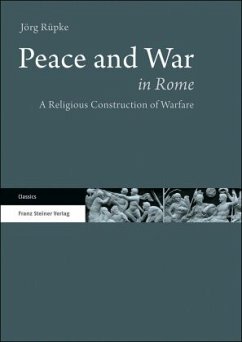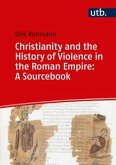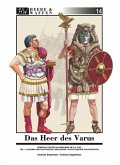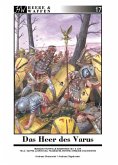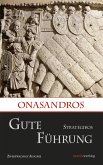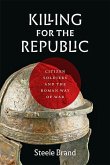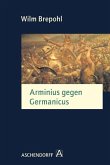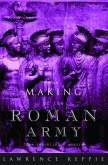Warfare is one of the defining elements that drove the development of the city of Rome from a small territory into a Mediterranean Empire. Religion is identified as having played an important part in this. Never done before, this book undertakes a survey of all rituals, and religious institutions in a broader sense, along with discourses related to peace and warfare. Priests and senators, generals and soldiers, men and women are acknowledged as agents with very different competencies, interests, and experiences, but also different opportunities to leave material traces or textual reflections of their activities. Throughout, the author pays attention to developments in time as well as space. He seeks to reconstruct the religious construction of peace and war at Rome as a tool and an attitude caught up in a process of change. The book persists in addressing the ways in which specific religious concepts might further or impede the pursuit of power and obedience to power, sharpenor mitigate internal competition, be conducive or not to the integration of allied powers, without ever claiming to "explain" military success or expansion.
Bitte wählen Sie Ihr Anliegen aus.
Rechnungen
Retourenschein anfordern
Bestellstatus
Storno

